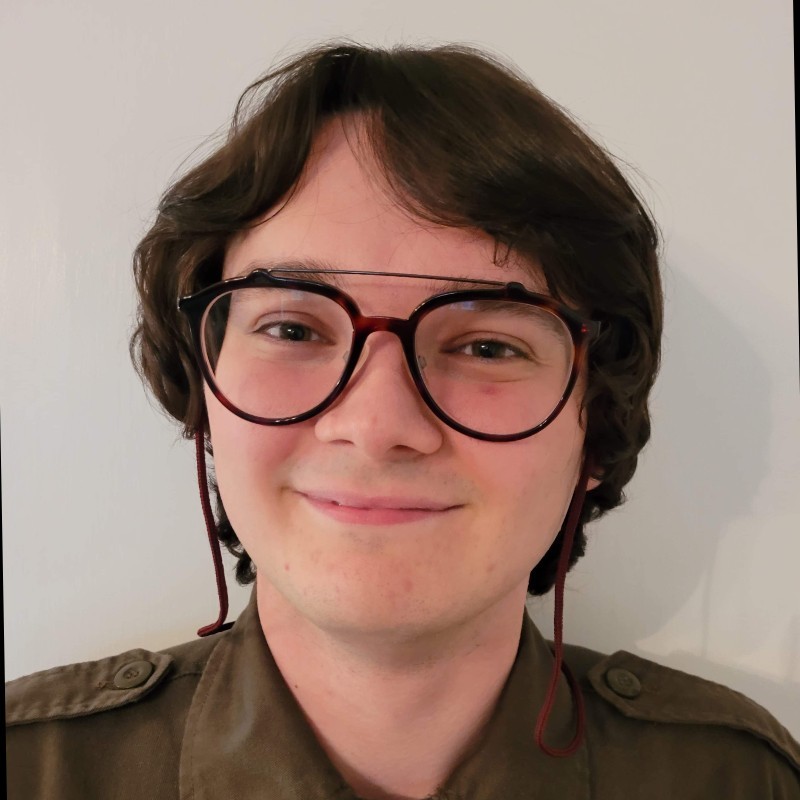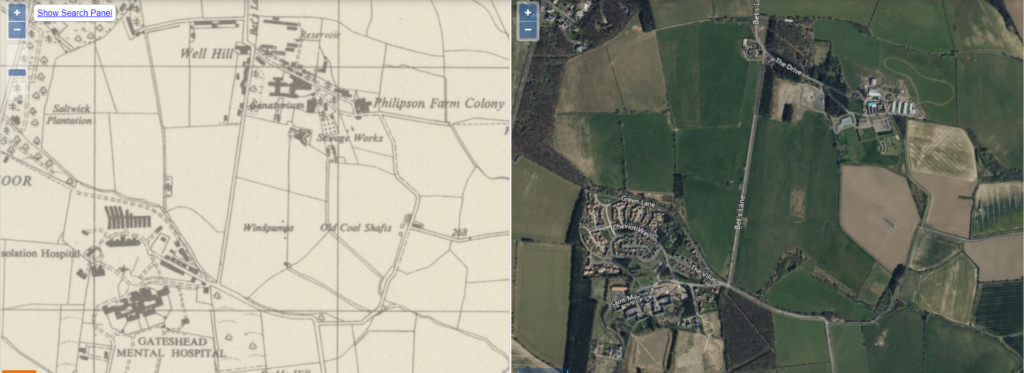Ryan Fallon, who completed his Masters at Newcastle University last year, has been been appointed to a Northern Bridge Studentship for an oral history project, starting this October.
This project is centred around children’s experiences of the Stannington Sanatorium. Situated in Morpeth, the Stannington Sanatorium was England’s first tuberculosis sanatorium specially designed for children. Other projects have used the hospital as a focal point for analysis, but the patient’s voice as a mixed methodological standpoint has yet to be addressed. Ryan’s project will consider the perspective of the child patient, which is often overlooked within medical care and within discourses around the ‘patient voice’.
The provisional title of the project is: ‘Finding the Voice of the Child Patient: The Stannington Children’s Hospital, 1920-1980’, which is a development of Ryan’s Masters dissertation. Through an innovative amalgamation of oral history, visual culture studies, archival research, and material culture analysis, Ryan’s will seek out the voice of the child patient and thereby provide a new analysis of an important medical site.
Ryan aims to demonstrate how intersecitonalities of age, class, and gender impacted on people’s perceptions of space and time, and how they formed relationships. Gender, for example, played an important part in who the child played with and who the child saw on a daily basis. The role that the children attributed to their caregivers also impacted their relationship bonds. Using Oral History studies, the project hopes to illuminate how the experiences of the patient in their formative years impacted their adult lives. In doing so, it attempts to answer the important methodological question of how historians can recover patients’ voices when the stability and reliability of their voices is in doubt.
This project will use other materials, in addition to oral history. Ryan will weave therapeutic horticulture and the impact of hospital architecture into his research, discussing them from a sensorial and oral history standpoint. The project will also examine x-ray plates using visual culture studies. Medical materials – such as X-ray plates, and patient profiles – often lack a distinctive “voice”. Ryan’s project will attempt to demonstrate how material written about the patient, by a trained doctor, can reveal information, and how patient profiles show progression over time. When paired with oral history testimonies, these can show that health care provisions, offered to children from a low economic background, had a positive impact on the lives of the children, something which will be demonstrated further by his use of the five families study.
The project will contextualise the experiences of the child patient within the United Kingdom by drawing on research from other health institutions. It will implement comparative approaches to seek out and express similarities and differences between the Stannington Sanatorium and Craig-Y-Nos sanatorium in Wales. In turn this will centralise working-class experiences of medical care, and how these can vary based on location. This will allow the project to cater to some contemporary discussions about health; discussing how class, place, and age, all have an impact on hospital care.

Throughout this project, Ryan, who is an active member of the Newcastle Oral History Collective, will be supervised by Lutz Sauerteig (Senior Lecturer in History of Medicine), Graham Smith (Professor of Oral History), and Coreen McGuire (Lecturer in British History at Durham), working with the Northumberland Archives. Graham Smith will be instrumental to the project, allowing it to flourish through oral history and memory studies. Lutz Sauerteig – who supervised Ryan’s Master’s dissertation – will provide much-needed guidance on children’s history. Coreen McGuire will provide Ryan with valuable knowledge of visual culture studies. The Northumberland Archives currently hold the material of the Stannington Sanatorium. Their help and knowledge will be crucial to the project and will be a welcome source of information gathering.

